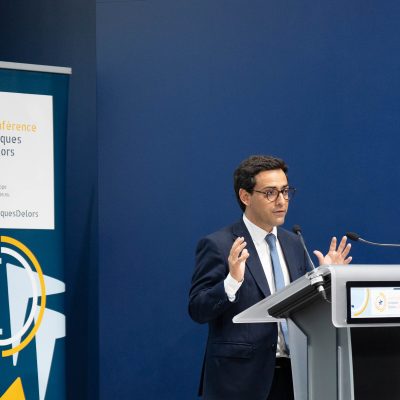Funding the EU Budget with a Genuine Own Resource: The case for a European Tax

The latest compromise on the EU financial perspectives for the period 2007-13 has been difficult to adopt and is notoriously unsatisfactory. One of the main reasons explaining the difficulties to reach an optimal agreement is member states’ tendency to regard the EU budget as a sort of zero-sum bargaining game in which national net contributions should balance each other. This behaviour gives rise repeatedly to opportunistic strategies and national self-interest.
Notre Europe stressed this matter in 2005, with the publication of a study commissioned to Jacques Le Cacheux. In this first study, Prof. Le Cacheux highlighted the existence of a link between the EU dependency on national GDP-based contribution and the logic of ‘net returns’. The argument was straightforward: so long as the EU budget is funded through national GDP-based contributions, it will be tempting for member states to calculate their ‘national contributions’ and to fall into an “accountancy logic”. The study hence concluded the need to increase the EU’s financial autonomy with a genuine EU own resource.




